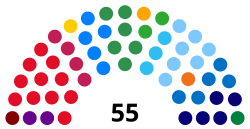
Rio Grande do Sul is a state in the southern region of Brazil. It is the fifth-most populous state and the ninth-largest by area. Located in the southernmost part of the country, Rio Grande do Sul is bordered clockwise by Santa Catarina to the north and northeast, the Atlantic Ocean to the east, the Uruguayan departments of Rocha, Treinta y Tres, Cerro Largo, Rivera, and Artigas to the south and southwest, and the Argentine provinces of Corrientes and Misiones to the west and northwest. The capital and largest city is Porto Alegre. The state has the highest life expectancy in Brazil, and the crime rate is relatively low compared to the Brazilian national average. Despite the high standard of living, unemployment is still high in the state, as of 2017. The state has 5.4% of the Brazilian population and it is responsible for 6.6% of the Brazilian GDP.

The Ragamuffin War or Ragamuffin Revolution was a Republican uprising that began in southern Brazil, in the province of Rio Grande do Sul in 1835. The rebels were led by generals Bento Gonçalves da Silva and Antônio de Sousa Neto with the support of the Italian fighter Giuseppe Garibaldi. The war ended with an agreement between the two sides known as Green Poncho Treaty in 1845.

The 2005 Portuguese legislative election took place on 20 February. The election renewed all 230 members of the Assembly of the Republic.
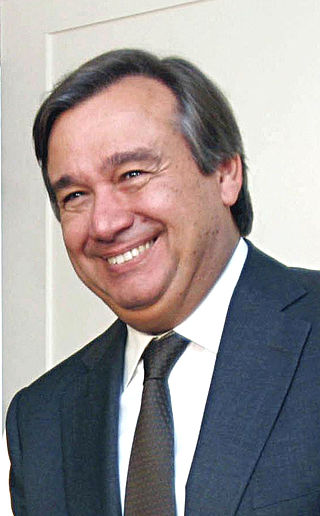
The 1999 Portuguese legislative election took place on 10 October. The election renewed all 230 members of the Assembly of the Republic.

The 2002 Portuguese legislative election took place on 17 March. The election renewed all 230 members of the Assembly of the Republic.

The Riograndense Republic, often called the Piratini Republic, was a de facto state that seceded from the Empire of Brazil and roughly coincided with the present state of Rio Grande do Sul. It was proclaimed on 11 September 1836 by general Antônio de Sousa Neto as a direct consequence of the victory obtained by gaúcho oligarchic forces at the Battle of Seival (1836) during the Ragamuffin War (1835–1845). It had a constitution adopted in 1843 and was recognised only by the United Kingdom, France, and Uruguay.
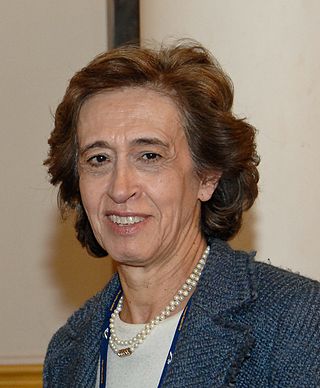
The 2009 Portuguese legislative election was held on 27 September, to renew all 230 members of the Assembly of the Republic. The Socialist Party, led by incumbent Prime Minister José Sócrates, won the largest number of seats, but didn't repeat the overall majority they gained in 2005.

Esporte Clube Cruzeiro, commonly referred to as Cruzeiro-RS, is a Brazilian football club based in Cachoeirinha, Rio Grande do Sul. It currently plays in Campeonato Gaúcho Série A2, the second level of the Rio Grande do Sul state football league.

Cyro Pestana was a Brazilian jurist and magistrate.
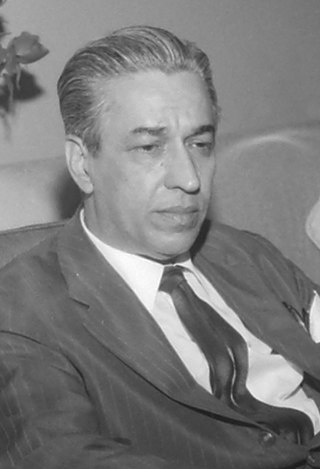
Francisco de Paula Brochado da Rocha was a Brazilian counsel, professor and politician.

The Legislative Assembly of Minas Gerais is the state legislature of Brazil's Minas Gerais state. It consists of 77 state deputies elected by proportional representation and is based in Belo Horizonte, the state capital. The Assembly has been based at the Palácio da Inconfidência since the building's 1972 opening; it was made a national heritage site in 2009.

Aldyr Garcia Schlee was a Brazilian writer, journalist, translator, illustrator, and professor.
The following is a timeline of the history of the city of Porto Alegre, in the state of Rio Grande do Sul, Brazil.
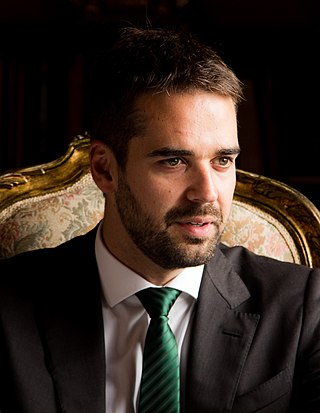
Eduardo Figueiredo Cavalheiro Leite is a Brazilian politician and governor of the state of Rio Grande do Sul. During the state's 2018 election, he won with 53.62% of the vote. Leite was elected governor at 33 years old, becoming the youngest governor in Brazil. In July 2021, Leite came out as gay during an interview for the Brazilian talk show Conversa com Bial, becoming the first openly gay governor in Brazil's history.
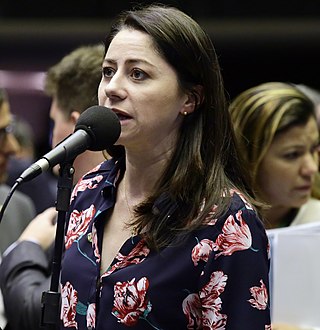
Liziane Bayer da Costa is a Brazilian politician and pastor. She has spent her political career representing her home state of Rio Grande do Sul, having served as state representative since 2019.
The 2022 Rio Grande do Sul state election took place in the state of Rio Grande do Sul, Brazil on 2 October 2022. Voters elected a Governor, Vice Governor, one Senator, 31 representatives for the Chamber of Deputies and 55 Legislative Assembly members, with a possible second round to be held on 30 October 2022. Former governor Eduardo Leite, was eligible for a second term and announced that he's running for reelection.

The governor of Rio Grande do Sul is the head of government of the state's executive branch, assisted by his secretaries, whom he freely chooses. Elected by absolute majority in universal suffrage, together with the vice-governor, his term lasts four years; since 1997, reelection has been possible, and although all have sought it, none has succeeded. The current governor is Eduardo Leite, since January 1, 2023.
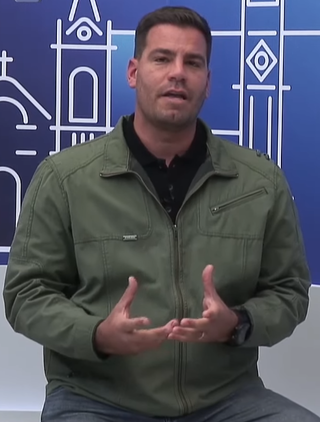
Renan Barbosa Contar is a Brazilian retired military officer and politician. Contar was a member of the Legislative Assembly of Mato Grosso do Sul from 2019 to 2023. He ran in the 2022 Mato Grosso do Sul state election as a candidate for governor, but was defeated by Eduardo Riedel (PSDB) on the second round. He attended the Preparatory School of Cadets for the Army in 2002 in Campinas, Brazil. He graduated from the Academia Militar das Agulhas Negras in 2006 in Resende.

Paulo José Araújo Corrêa is a Brazilian politician, affiliated with the Brazilian Social Democratic Party, president of the Legislative Assembly of Mato Grosso do Sul since February 2019, serving his sixth term as State Deputy for the state.
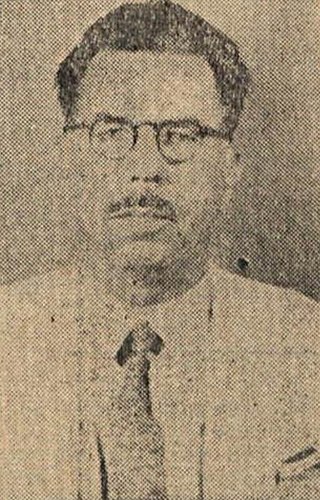
Dyonélio Tubino Machado was a Brazilian writer, psychiatrist and political activist, one of the representatives of the second generation of Modernism in Brazil.

